The Hidden Mental Toll of Glasses: Why Comfort and Skin Health Matter
Redefining Comfort: How the Mental Toll of Glasses Affects People Sensitive to Pressure, Touch, and Texture
The mental toll of glasses is something millions of people quietly carry. For many, wearing glasses is not just about correcting vision; it’s about adapting to an entirely new way of life. While some grow up with them, others only begin wearing glasses later in adulthood or during middle age. That moment when you realize you can no longer read menus, work at your computer, or drive safely without them can feel like a turning point. But beyond the physical adjustment, there’s something deeper that often goes unspoken: the psychological and emotional weight of wearing glasses every single day.
The unexpected burden of glasses
At first, the adjustment can feel small. A bit of pressure on the bridge of your nose, a slight mark at the end of the day. But as weeks and months go on, these small irritations accumulate. Eyeglass marks on the nose become permanent dents. Skin dents from glasses can deepen with age, as collagen and elasticity naturally decrease. For people with thinner or sensitive skin, these marks can appear faster and be more difficult to heal.
The discomfort is not limited to the skin. Glasses often trigger sinus pressure, headaches, and in some cases, full-blown migraines. Behind the ears, constant weight and friction from the temples dig into the skin, causing soreness and irritation. No matter how often frames are adjusted or how lightweight a pair might claim to be, the discomfort persists for many.

The psychological and emotional toll
Living with this discomfort every day has consequences. People often underestimate the role that physical discomfort plays in mental health. That low-level irritation becomes background noise that wears down your nervous system. The result? Frustration, agitation, and even anxiety.
For those wearing glasses for the first time later in life, the emotional adjustment can be jarring. It may feel like suddenly carrying a burden you never had before. Glasses become something you dread putting on, even though you rely on them to function. The constant awareness of pain and pressure makes it harder to focus, work productively, or relax socially.
Self-consciousness adds another layer. Visible eyeglass marks on the nose or indentations along the skin can make people feel older, tired, or unattractive. This can affect confidence in social situations, at work, or even within relationships. When something as simple as wearing glasses begins to chip away at both your skin health and self-esteem, the impact on mental wellness is undeniable.
Why is this discomfort often dismissed?
For decades, glasses wearers have been told to simply put up with the side effects. Adjust your frames. Buy lighter lenses. Maybe try contacts. But for millions, none of these solutions fully resolve the underlying problem: glasses place unnatural, daily pressure on some of the thinnest and most delicate skin on the body.
We would never accept constant bruising, irritation, or pain from another accessory. Imagine if a necklace left permanent dents on your skin, or a bracelet triggered migraines. Yet, because glasses are medically necessary, many people accept discomfort as the “normal” price of clear vision.

Protecting your skin and nervous system
This is where modern solutions like OptiStrips come in. Developed by an esthetician with decades of skincare experience, OptiStrips are made of medical-grade silicone the same material doctors and surgeons use to help heal delicate tissue. Instead of attaching to your glasses, they are worn directly on your skin.
By creating a breathable, second-skin barrier between your nose bridge and your glasses, OptiStrips prevent the pressure, friction, and trauma that cause eyeglass marks and skin dents. They not only protect against new damage but also help create a healing environment to fade existing marks.
The emotional impact of relief is just as powerful as the physical. When the daily irritation disappears, so does the constant frustration. Your nervous system calms. Your confidence improves. You can wear your glasses without resentment or self-consciousness.
Small changes, big difference
Sometimes it’s the simplest solutions that restore our sense of balance. For glasses wearers struggling with comfort and skin health, OptiStrips offer more than just physical protection; they offer mental relief. When you no longer feel trapped in a cycle of irritation and agitation, you regain energy, patience, and peace of mind.
If you’ve ever felt weighed down by the daily toll of wearing glasses, know that you’re not alone, and you don’t have to accept it. Comfort and confidence can be part of your eyewear experience.
And for those who experience pain and pressure around the temples and behind the ears, our sister product OptiSleeve provides the same medical-grade silicone protection where glasses sit at the sides of your face. Together, OptiStrips and OptiSleeve redefine what it means to truly feel comfortable in your glasses.
Share



